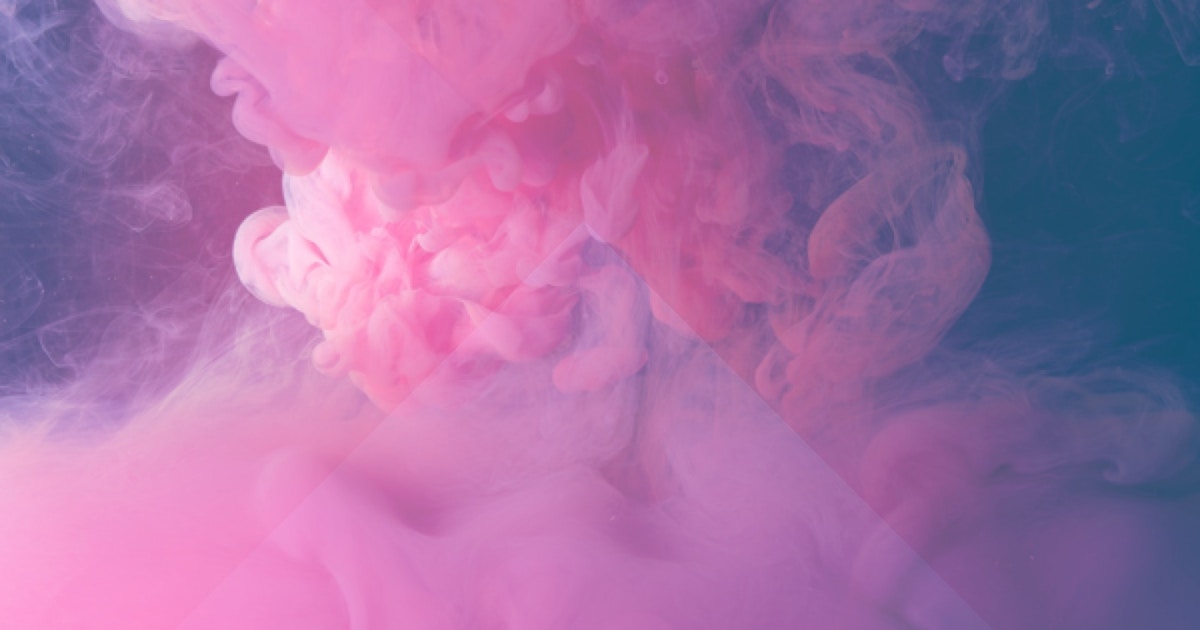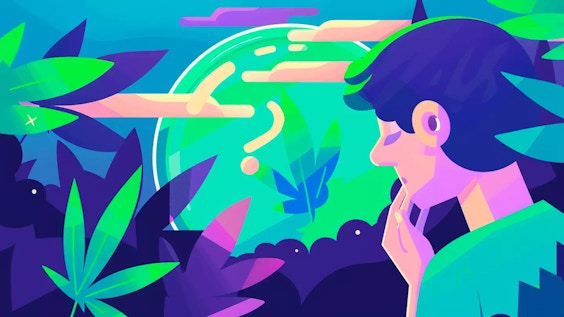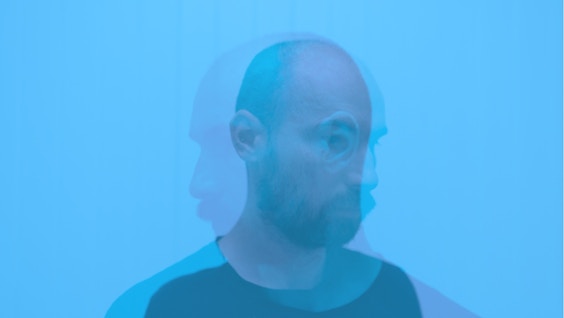I Am Sober is a free app that helps you get some control back in your life.

The Pink Cloud Of Recovery
Last Updated: Tue, January 23, 2024Anyone who’s attended a 12 step meeting knows about Pink Cloud Syndrome. It’s a term coined by Alcoholics Anonymous to characterize people in early recovery – usually within the first year.
Drugs and alcohol act upon the central nervous system and numb emotions, anesthetizing people from feeling anything. The one exception is obviously “pain” from the absence of using the drug of choice. As a result, when recovering alcoholics and addicts start their road to recovery, many they start off strong (usually after a stay in rehab).
The majority are elated, suddenly filled with emotions that had long been suppressed. Even feelings like sadness can have a “positive” impact for those living in the pink cloud will be happy they’re feeling any emotion at all.
The pink cloud is a state of mind, a sense that nothing can go wrong now and that their life if forever changed for the better. It’s an unrealistic fantasy land that does not prepare an addict in recovery for potential hardships that will come ahead.
For those unfamiliar with the term “pink cloud,” the other term frequently used to describe this behavior is “dry drunk.” “Dry drunk” is apropos as it also reflects why the pink cloud is a negative thing.
Why is the Pink Cloud Bad?
There are those who question why being “too happy” is a bad thing. With alcoholism especially, a common side effect of removing it from your system is depression. With that in mind, how can being happy from being sober be a bad thing? Being sober is “in” and with all the normalization of drinking in our culture, someone should be a figurehead for happy and fun sober living. Right?
Being happy about being sober is a good thing, but it’s a lifelong commitment. The pink cloud starts to set an unrealistic expectation, an increasingly threatening bar for what sobriety should feel like. It’s like the “honeymoon” phase in a marriage. When things are going well, of course it feels like there is no problem too great. This promotes overconfidence which is especially bad because it leads to a lack of preparedness.
Inevitably there are two negative consequences that come from living in the pink cloud:
-
The feeling that addiction is not a problem.
-
That you deserve to be happy.
When you become overconfident in your sobriety, it can cause you to think it’s not a problem or that you have it under control. There are thousands of addicts who spend years sober and one relapse costs them their life. Philip Seymour Hoffman’s death is one of the most notable cases. After two decades of sobriety, Hoffman had a relapse that cost him his life. Addiction is an everyday struggle and the possibility of a fatal relapse is always present.
The second point, “that you deserve to be happy” is specific to addicts because technically yes, everyone should be happy. With addicts, this idea of entitlement is what causes them to chase the pink cloud like it’s a high. Again, the idea of a dry drunk or someone who is “high on life” aptly describes this behavior. As an aside, the Jim Carry movie, Yes, Man demonstrates this well.
The problem with chasing that high is when a person in recovery hits their first low point. When sobriety does not make you happy and is not fun, that’s when the greater trials start. Addicts who have fallen victim to the pink cloud relapse when they hit their first low because suddenly sobriety has lost its appeal.
It doesn’t feel good anymore, so they quit. Chasing that happiness high is a way to numb other emotions and results in an addict who is more likely to be unprepared for the trials that will follow.
The First Year of Sobriety
A 2011 study found that 85% of addicts relapse within their first year following rehab. That statistic has not fluctuated much in the following years.
Feeling good about being sober is not something to feel guilty or ashamed of. It’s good to check in with emotions that have been laid dormant; it’s good to feel like you’re on the right track; it’s good to feel that your life is in order. What’s not good is the tunnel vision that can become more prominent as a consequence.
Being aware of the pink cloud and the relapse rate should temper expectations. It should feel good to be sober, but that shouldn’t be the only reason to do it as bad situations and low points can still occur and many are not within our control.
There are plenty of people that are not addicts that still wind up jobless and homeless due to very unfortunate circumstances. That’s not to say an addict will hit that point, only that there will be challenges ahead whether they’re sober or not.
Pledge to Be Sober Daily
Emotions are transient. Feelings can flood our minds in a blinding hot rage and they can linger along on a gloomy day. The main takeaway is they do pass. Indulging in happiness is a good quality, but it’s naïve to assume you will always feel happy.
When you take the pledge to be sober every day, you remind yourself that this is a challenge that requires constant vigilance. It is an everyday struggle and there is always more to learn.
I Am Sober is a free app that helps you get some control back in your life.




